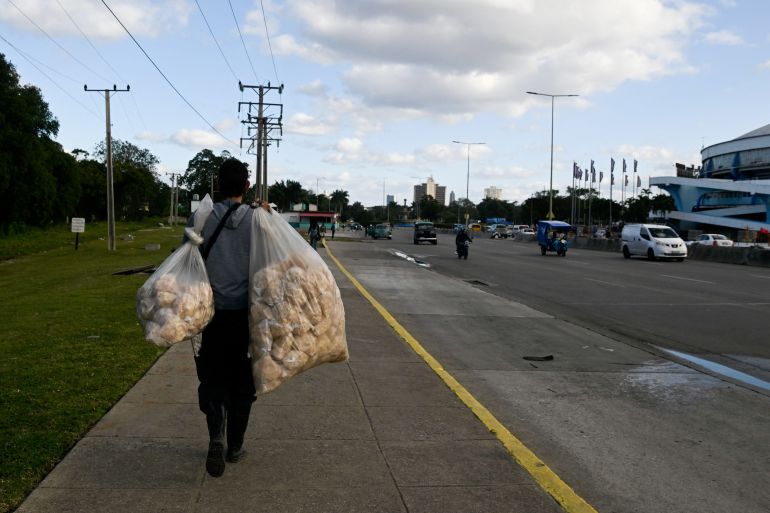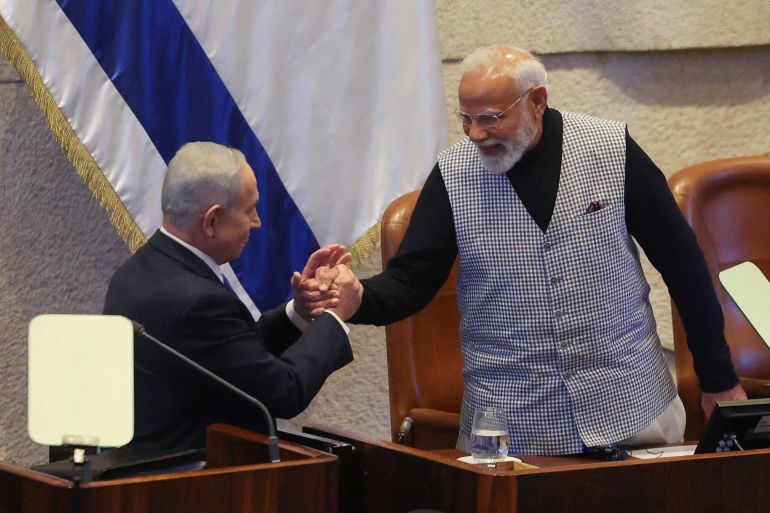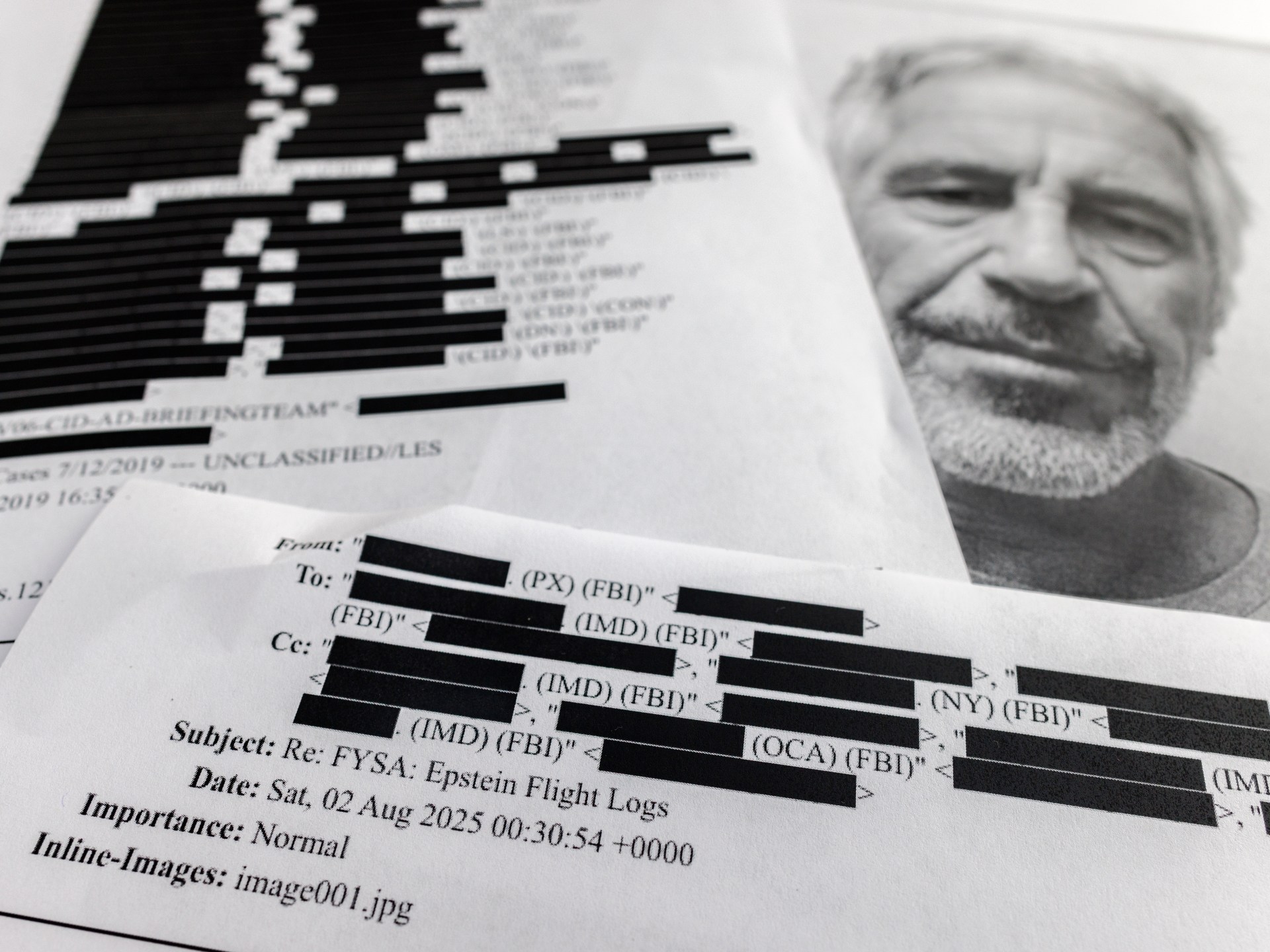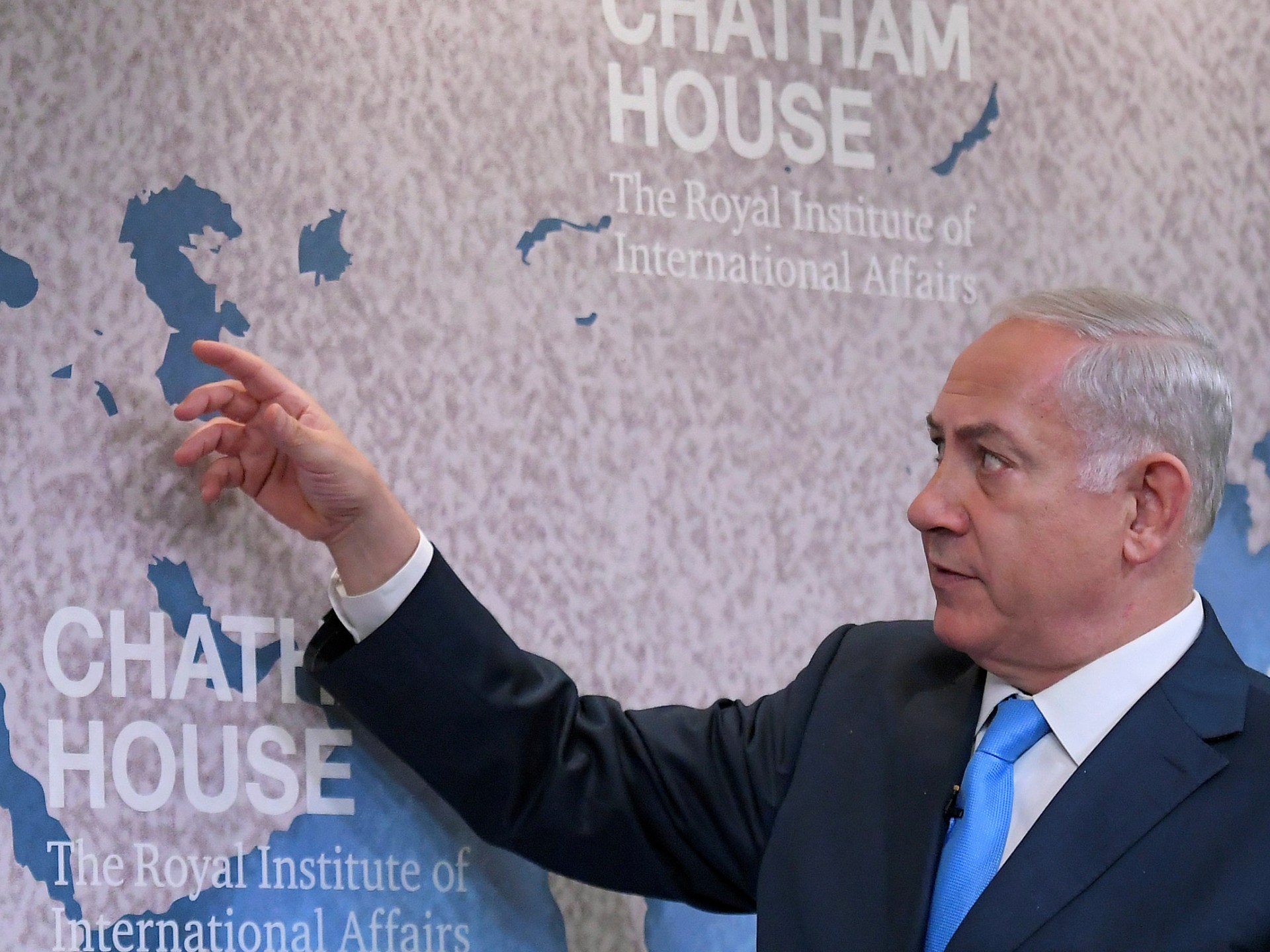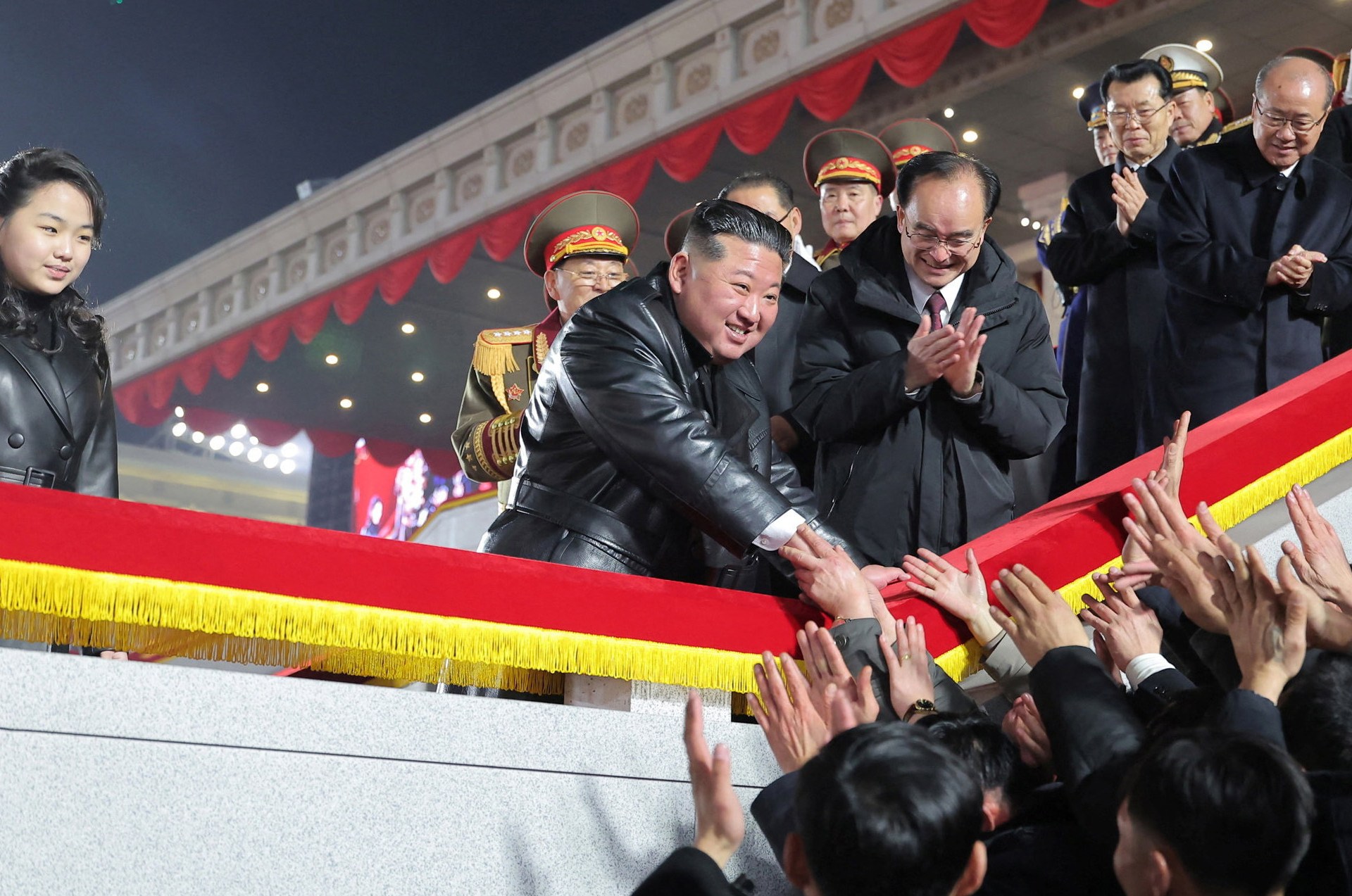After months of a crippling oil blockade on Cuba imposed by the United States, the fuel-starved country may now see some relief after the US government said it would begin authorising companies to resell Venezuelan oil, even as tensions between the two reach a head.
On Wednesday, the US Department of the Treasury said it would allow the resale of Venezuelan oil for “commercial and humanitarian use” in Cuba as the small island nation faces one of its worst fuel crises in decades.
Recommended Stories
list of 4 itemsend of list
Venezuela is the largest provider of oil to Cuba. However, since US forces abducted Venezuelan President Nicolas Maduro in January and imprisoned him to face drugs and weapons charges in a New York court, the Donald Trump administration has taken control of Caracas’s oil and halted exports to Havana.
Washington has long had frosty relations with Cuba, but Trump’s administration is specifically seeking regime change there by the end of 2026, US media has reported.
The US’s policy shift this week, however, comes after Caribbean leaders sounded the alarm about the dire situation in Cuba, an island nation of 10.9 million people.
At a regional meeting of Caribbean Community (CARICOM) countries on Wednesday, attended by US Secretary of State and Cuban-American Marco Rubio, Jamaica’s Prime Minister Andrew Holness called on Washington to ease the pressure.
“Today, many Cubans are facing serious economic hardship, energy shortages, and growing humanitarian challenges,” Holness said. Cuba is not a CARICOM member but shares close ties.
“We are sensitive to their struggles. But we must also recognise that a prolonged crisis in Cuba will not remain there. It can impact migration, security and economic stability across the Caribbean, including Jamaica,” he added.

What’s the situation in Cuba now?
Cuba’s state-dominated economy was already struggling under a US embargo which has been in place since 1962, dating back to Havana’s alliance with the Soviet Union during the Cold War.
Since then, sanctions on Cuba have eased and tightened under various US administrations.
The long-running sanctions have severely weakened Cuba, causing the country to become highly dependent on imports, and high inflation routinely leads to food and energy shortages. Mass emigration of Cuba’s skilled labour force, particularly during the COVID-19 pandemic, has added to the country’s difficulties.
With Trump’s latest oil embargo, the US has added a severe energy crisis to the mix. Widespread power blackouts of up to 20 hours at a time are now being reported across Cuba, impacting hospitals, businesses and households alike.
Surgeries have been suspended, schools have cancelled classes, and waste trucks are parked as rubbish piles up in the streets.
Four United Nations special rapporteurs warned in early February that the situation is contributing to a severe public health problem in the country and said it could lead to a “severe humanitarian” crisis.
Cuba has lost 90 percent of its fuel supply, and despite shutting beach resorts and restricting aviation fuel sales, the country could experience a total blackout as early as late February, according to Ignacio Seni, a risk analyst writing for the US-based intelligence firm Crisis 24.

Why has the US blocked oil deliveries to Cuba?
Cuba produces crude oil but does not have the capacity to refine enough to meet domestic demand.
Venezuela was providing as much as 50 percent of Cuba’s oil before the US government took control of its oil industry at the start of this year, about 35,000 barrels per day.
Under a special barter agreement in place since 2000, Cuba provides support for education, healthcare, and security services in return for discounted Venezuelan fuel. Indeed, about 30 members of Maduro’s security detail who were killed in the operation to abduct him in January were from Cuba.
Then, days after Maduro was abducted, Trump turned his aim at Cuba itself, warning Havana to “make a deal before it is too late”. He did not, however, give details about what type of deal he wanted.
On January 29, Trump issued an executive order imposing new trade tariffs on any countries selling oil to Cuba because of what he called the “policies, practices and actions” of the Cuban government, which, he said, pose an “extraordinary threat” to the US.
Trump also claimed, without evidence, that Havana funds “terrorism”.
Besides Venezuela, Cuba was also sourcing oil from Mexico, Russia and Algeria, but all oil imports into the country ceased. Trump’s order, therefore, effectively amounted to a blockade.
The US has also reportedly seized fuel tankers in open waters transferring oil to Cuba, according to a New York Times investigation into ship movements in the Caribbean Sea published last week.
The US began building up its naval presence in the area in September last year as it prepared to attack Maduro, and its troops continue to patrol the waters.
In mid-February, one tanker loaded with Colombian oil was intercepted by the US Coast Guard as it came within 70 miles of Cuba, the Times reported. The vehicle, called the Ocean Mariner, was previously used to covertly transport oil between Venezuela and Iran.
Before Maduro’s capture, US forces also struck multiple Venezuelan boats in the eastern Pacific and Caribbean that the US claimed – without evidence – were trafficking drugs.
How have Cuba and others reacted to the US blockade?
Cuban authorities under President Miguel Diaz-Canel have accused the US of imposing collective punishment on the country.
On Wednesday, it also accused the US of links to armed men who entered the country’s waters on a Florida-tagged speedboat. Four Americans of Cuban origin were killed in the altercation, and two were injured.
In the past, Havana has said it is open to “reciprocal dialogue” with Washington, but Diaz-Canel has also said Cubans will “defend the Homeland to the last drop of blood”.
Meanwhile, on February 12, a UN expert panel condemned the US’s directive as illegal and said the claim that Havana funds terrorism “lacks credibility and appears designed to justify the use of extraordinary and coercive powers”.
“It is an extreme form of unilateral economic coercion with extraterritorial effects, through which the United States seeks to exert coercion on the sovereign state of Cuba and compel other sovereign third States to alter their lawful commercial relations,” the panel said.
Other countries are trying to help. Mexico has sent two deployments of humanitarian aid to Havana between mid-February and this week, while Russia has floated the possibility of sending fuel to Cuba.
On Wednesday, Canada pledged food aid with 8 million Canadian dollars ($6.7m).

What relief has the US announced now, and will it change anything?
Washington said on Wednesday it would issue companies with special licences to resell Venezuelan oil to Cuba “in solidarity” with the Cuban people.
That came after Washington announced $6m in humanitarian aid to Cuba to be distributed by the Catholic Church in early February.
However, “persons or entities associated with the Cuban military, intelligence services, or other government institutions” will be barred from obtaining oil sales licences, the US Treasury Department said this week.
Transactions should only support “exports for commercial and humanitarian use”, the statement added.
It is unclear if the new order will allow Havana to continue buying Venezuelan oil at a heavily subsidised rate as it was previously doing. If it does not, the situation may not ease significantly for Cuba, experts say.
